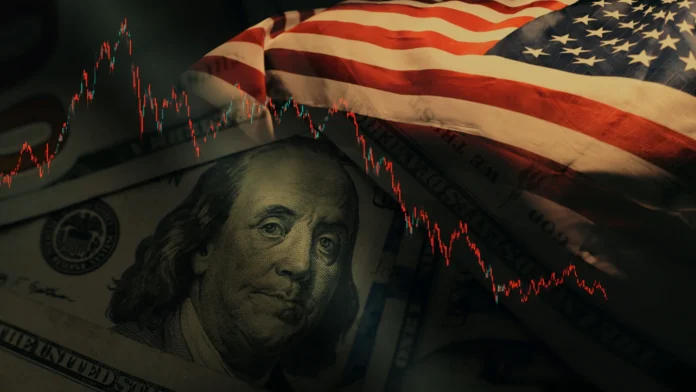The US House Administration Committee convened a pivotal hearing on Wednesday, November 19, 2025, to scrutinise the ethics of congressional stock trading, injecting new energy into a long-standing debate over insider trading and conflicts of interest.
The session, entitled “Taking Stock of the STOCK Act,” examined the shortcomings of existing legislation and explored pathways toward stricter reforms, including an outright ban on stock trading by sitting members of Congress.
Chaired by Representative Bryan Steil, the hearing brought together experts and advocates to evaluate the 2012 STOCK Act, a law designed to prevent insider trading by legislators.
The consensus among witnesses pointed to significant enforcement gaps. One witness testified that “substantial evidence may suggest that Congress may not have been adequately self-policing under the STOCK Act,” a view supported by reports that the law’s disclosure provisions are routinely violated. This critical assessment laid the groundwork for discussions on more robust solutions, such as the bipartisan Restore Trust in Congress Act.
Proponents of a trading ban viewed the hearing as a critical step forward. Representative Seth Magaziner, a vocal advocate for reform, stated, “The House Administration Committee’s hearing on congressional stock trading is a sign of the growing momentum we have to finally ban Members of Congress from trading stocks.”
This sentiment reflects a growing public and political appetite for eliminating even the appearance of impropriety, where lawmakers could potentially profit from non-public information gained through their official duties.
However, the hearing was not without its sceptics. Some analysts and reports suggested that the proceeding may have been scheduled as a tactical manoeuvre to manage public pressure without an immediate commitment to passing legislation.
A report from The Intercept indicated that “House Speaker Mike Johnson scheduled the hearing to placate them while kicking the can down the road on more concrete advancement.” This perspective highlights the political challenges of enacting such a sensitive reform that directly impacts the financial activities of the legislators themselves.
The hearing has undeniably elevated the issue within the national conversation, but the path from discussion to law remains uncertain. The next steps will involve drafting specific legislative language and navigating the complex political currents of the House floor.
The ultimate test of the hearing’s success will be whether it serves as a genuine launching pad for a binding bill or becomes merely a symbolic gesture in the face of entrenched interests. The American public, increasingly wary of conflicts of interest in government, will be watching closely to see if their representatives choose to act.
By Were Kelly



















